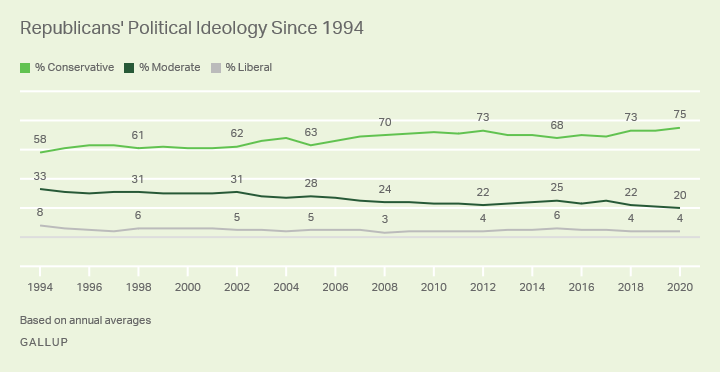

The SPD wants to introduce a wealth tax of 1% on "very high wealth" and an easing of the tax burden on low and medium earners. Platform: The SPD's core issue has always been social policy: It pushed through the current minimum wage of 9.35€ and wants it increased to 12€ ($14), it wants to introduce a minimum old-age pension to be topped up with additional state revenue.

SPD icons Willy Brandt (l) and Helmut Schmidt both served as German chancellors It was behind some of Merkel's most significant social reform policies during her grand coalition government from 2013 to 2021. Altogether, the party has been part of the German government for 34 of the 67 years of the Federal Republic and led governing coalitions for 21 of those. Both remain hugely respected figures in German politics. He earned an international reputation for reconciliation with Eastern Europe during his time as foreign minister in a CDU-led coalition government. He was succeeded by Helmut Schmidt, an SPD icon until his death in 2015. The SPD's first postwar chancellor, Willy Brandt, governed West Germany from 1969 to 1974. But with the founding of the Communist Party of Germany (KPD) in 1919, the SPD became the permanent home of the social justice reformers, rather than the revolutionaries - though that didn't stop its politicians from being sent to concentration camps during the Third Reich. History: The SPD was founded in 1875, making it Germany's oldest political party. In the tumultuous first decades of the 20th century, the party acted as an umbrella organization for a number of leftist movements, trade unionists, and communists. The SPD's most fertile ground in Germany remains in the densely populated industrial regions of western Germany, particularly the Ruhr region in North Rhine-Westphalia, as well as the states of Hesse and Lower Saxony. Like the CDU it has an ageing voter base. Voters: The SPD has traditionally been the party of the working classes and the trade unions. SPD chairpeople Norbert Walter-Borjans (l) and Saskia Esken (r) with candidate for chancellorship Olaf Scholz Social Democratic Party (SPD)Ĭhairpeople: Saskia Esken, Norbert Walter-BorjansĢ021 Bundestag election result: 25.7% (2017 20.5%)

China's growing influence is seen as a challenge and Russia as a possible military threat. They want to focus on trade, climate policy, and the fight against organized crime and terrorism with their traditional partners: Europe and the United States.

The CDU/CSU wants Germany to play a leading role in world affairs, and support more Bundeswehr missions abroad. To solve the housing crisis the CDU/CSU wants to promote the construction of more than 1.5 million new homes in Germany by 2025 through tax relief and cutting bureaucracy, focusing on housing associations and the builders and owners of owner-occupied homes. On migration, the CDU/CSU stresses its commitment to the fundamental right to asylum, but they want tighter restrictions on who can apply for asylum and they stress the need to deport refugees who have committed criminal offenses in Germany. They oppose introducing a speed limit on the autobahn and banning diesel fuel. The CDU/CSU plans to focus on "efficient market-economy tools" to meet the Paris climate goals. They have proposed a number of cuts that would mainly benefit high-income earners and want to cut corporate income tax from 15% to 10%. Platform: The CDU/CSU have also pledged to reduce taxes. Under his leadership, the CDU remained the country's strongest party even after his departure in 1963 It was Adenauer and his economy minister (and successor as chancellor), Ludwig Erhard, who presided over West Germany's "economic miracle." The party's reputation as Germany's rock of moral and economic stability continued under another long-term CDU chancellor, Helmut Kohl, who drove German reunification in 1990 - a key historic moment important in understanding today's politics.Ĭhancellor Konrad Adenauer (second from left) helped rebuild Germany's political system after WWII. It became the most dominant political force in the postwar era, unifying Germany and leading the government for 47 of those 67 years, alongside its "sister party," the regional Bavarian Christian Social Union (CSU).ĬDU Chancellor Konrad Adenauer, who governed from 1949 to 1963, is the closest the Federal Republic has to a founding father. History: The CDU was founded in West Germany in 1950 in the aftermath of World War II as a gathering pool for all of Germany's Christian conservative voters. But chancellor Angela Merkel has been the dominating political figure for the German conservatives Armin Laschet (l) and Markus Söder (r) head the CDU and CSU respectively.


 0 kommentar(er)
0 kommentar(er)
